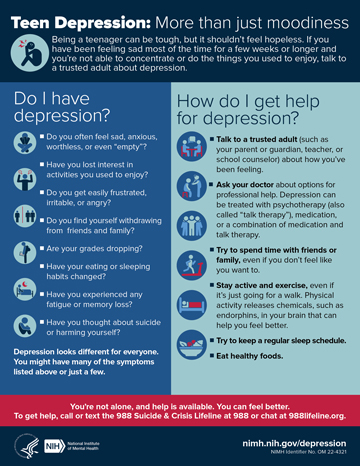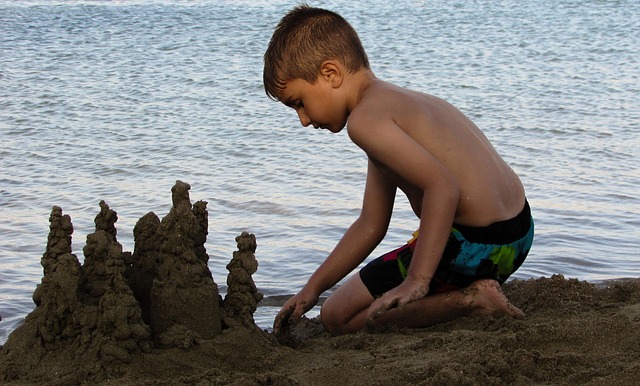
How to Help Your Child Make Friends
Is your child having trouble developing friendships? Help him feel more confident with these tips and activities for making friends at school. Read more >>
Request an Appointment
English: 650.688.3625
Medi-Cal: 650.688.3650

How to Help Your Child Make Friends
Is your child having trouble developing friendships? Help him feel more confident with these tips and activities for making friends at school. Read more >>

The Return to School: Tips for Parents of Anxious Children
For those children that struggle with anxiety in school, in particular, school closures provided a natural escape from having to face their fears. Many with performance anxiety found temporary relief in the transition to open note testing and pass-fail grading Read more >>

The Unexpected Benefits of Remote Learning for Neurodivergent Students
Learning disruptions have been an unfortunate but all-too-frequent sight during the pandemic. But not every student felt those effects evenly as schools shifted between remote and in-person options. Read more >>

Teen Depression: More Than Just Moodiness [downloadable]
Being a teenager can be tough, but it shouldn’t feel hopeless. If you have been feeling sad most of the time for a few weeks or longer and you’re not able to concentrate or do the things you used to Read more >>

Playing Helps Kids Learn and Grow
What would childhood be without time to play? Play, it turns out, is essential to growing up healthy. Research shows that active, creative play benefits just about every aspect of child development. Read more >>

Boys Still Get These Three Things From Their Parents That Girls Don’t
Stereotypical gendered parenting differences remain entrenched in American households. In some cases parents may simply be unaware that they are parenting daughters in ways that are different from sons. Things are changing slowly, but gender stereotypes are still entrenched in Read more >>

Breaking the Cycle of Silence Around Black Mental Health
Data shows that Black youth are especially prone to develop mental health issues but less likely to seek out or receive the specialized services and care they need. Read more >>

Glued To Your Phone? Here’s How To Rethink Your Relationship With Social Media
“The Internet can crack us open to seeing so many things that we would have never encountered otherwise. And that’s one of the most beautiful, miraculous things about it. But it can also divide our attention and make us feel Read more >>

Stanford-Led Study Highlights the Importance of Letting Kids Take the Lead
Parents today often look for teachable moments – and opportunities abound. When reading a book with a child, for example, it might mean discussing story plots with him. If she isn’t allowed to play a videogame, it means explaining why. Read more >>

Ask the Expert: My Teenage Daughter Has No Friends
My 15-year-old is struggling to make friends. Well, she’s not struggling. My husband and I are struggling with the fact that my daughter has no friends. We don’t care that she’s not popular; we just don’t want her to be socially Read more >>
English: 650.326.5530 | Español: 650.688.3650 | Fax: 650.688.3669
English: 650.326.5530
Español: 650.688.3650
Fax: 650.688.3669
English: 650.668.3625 | Español: 650.688.3650 | careteam@chconline.org
English: 650.668.3625
Español: 650.688.3650
careteam@chconline.org
© 2024 Children’s Health Council. All rights reserved.
CHC Palo Alto: 650 Clark Way, Palo Alto, CA 94304 | 650.326.5530
CHC South Bay: 2280 Kenwood Avenue, San Jose, CA 95128 | 408.831.7512
CHC Ravenswood: 1765 E Bayshore Rd, East Palo Alto, CA 94303 | 650.702.2487
CHC Palo Alto:
650 Clark Way, Palo Alto, CA 94304
650.326.5530
CHC South Bay:
2280 Kenwood Avenue, San Jose, CA 95128
408.831.7512
CHC Ravenswood:
1765 E Bayshore Rd, East Palo Alto, CA 94303
650.702.2487